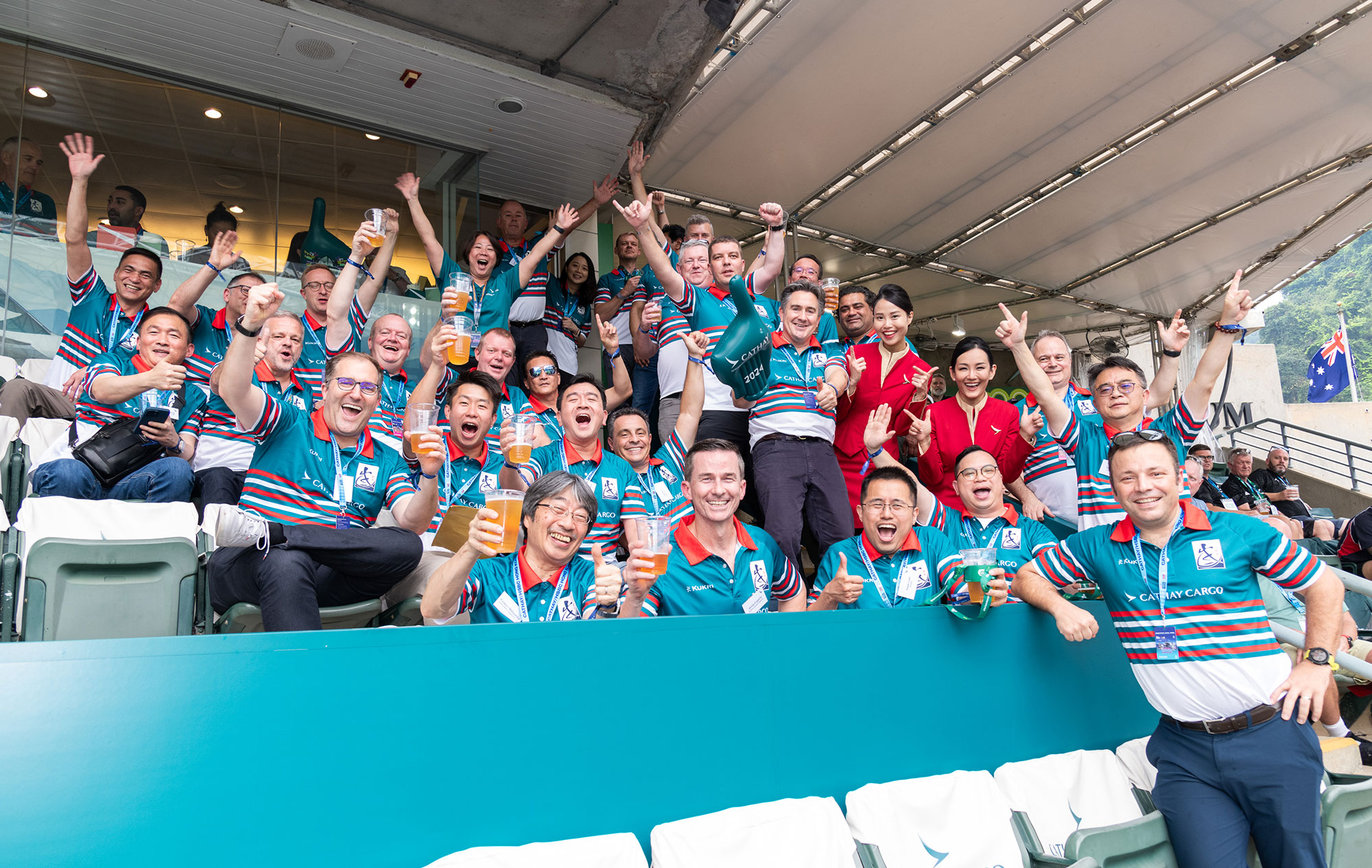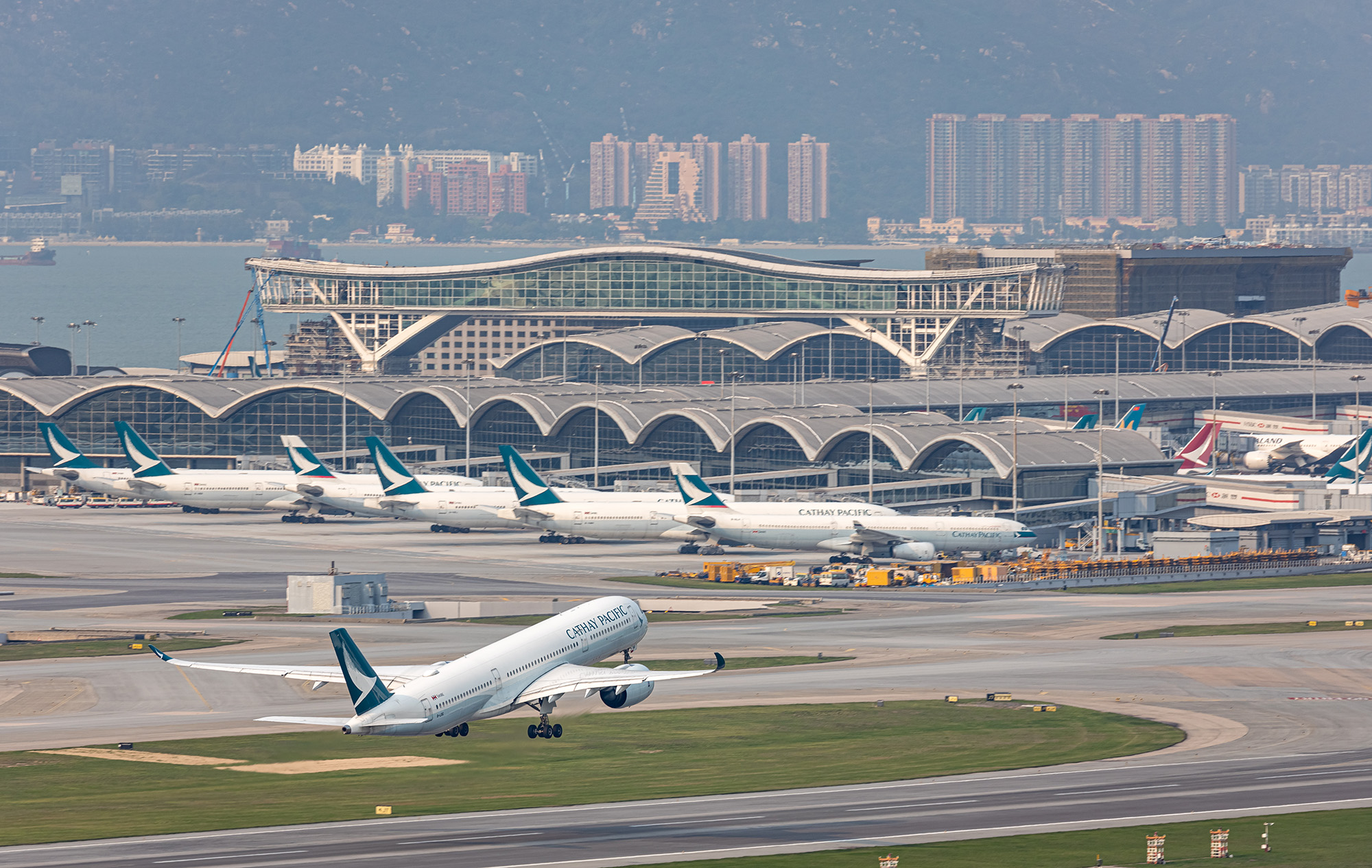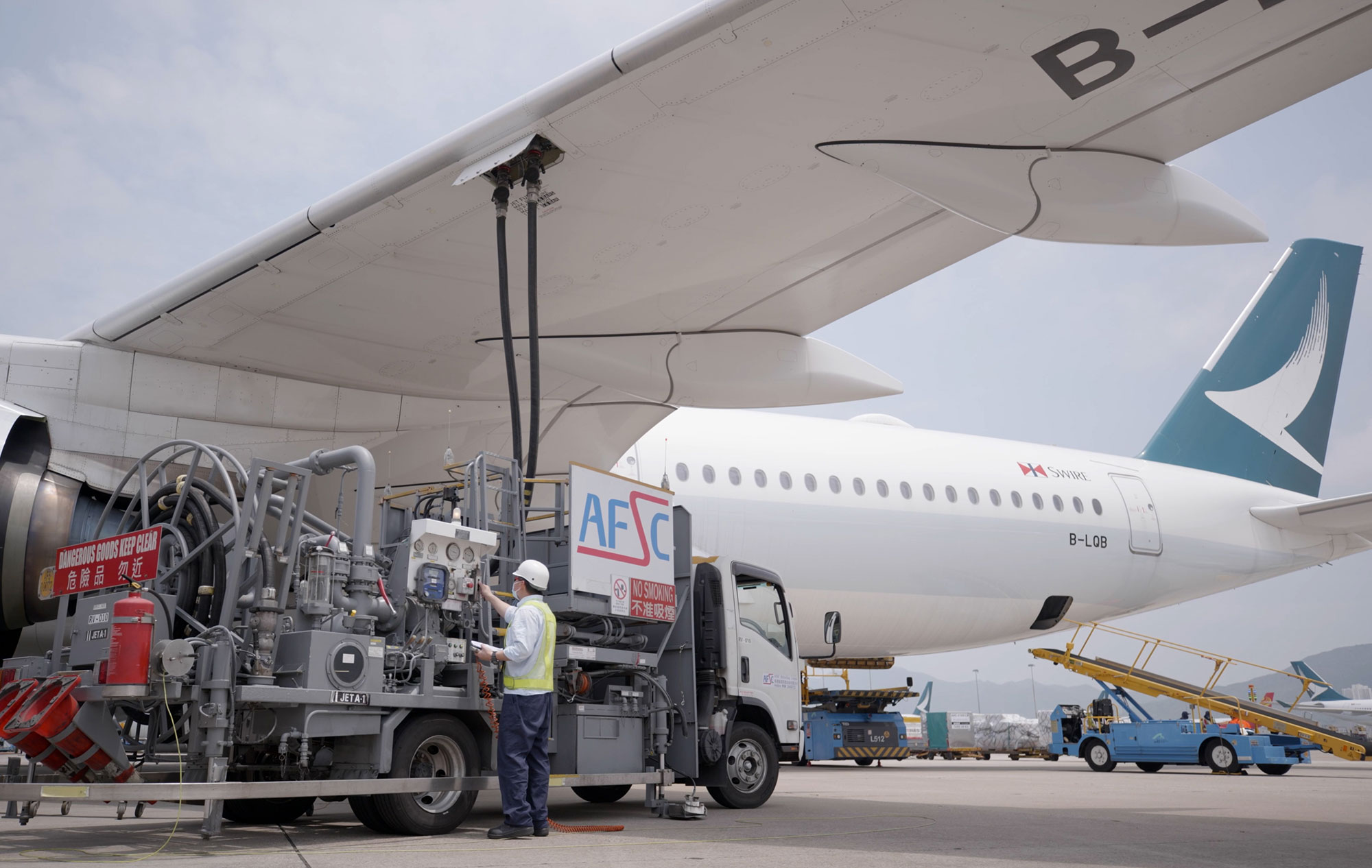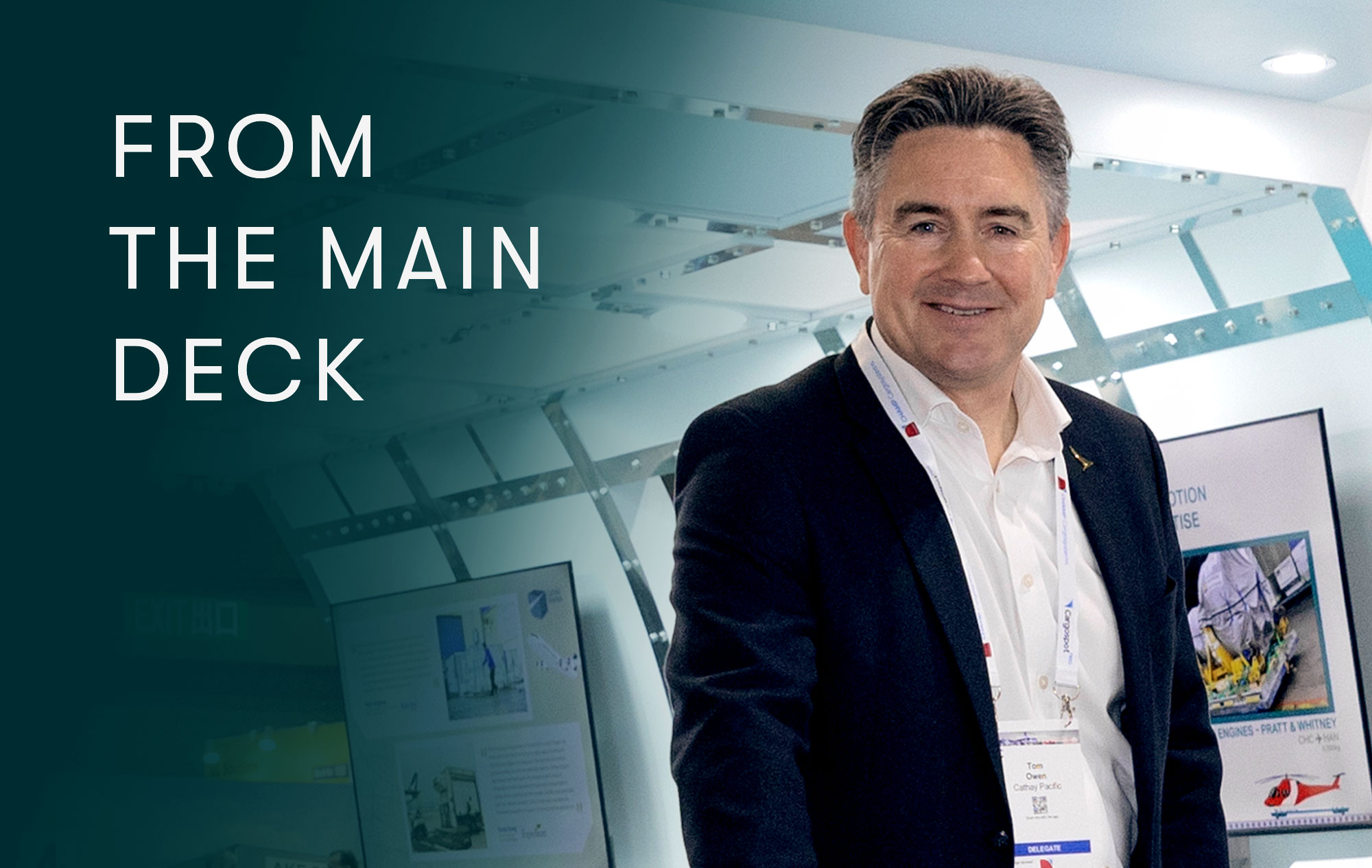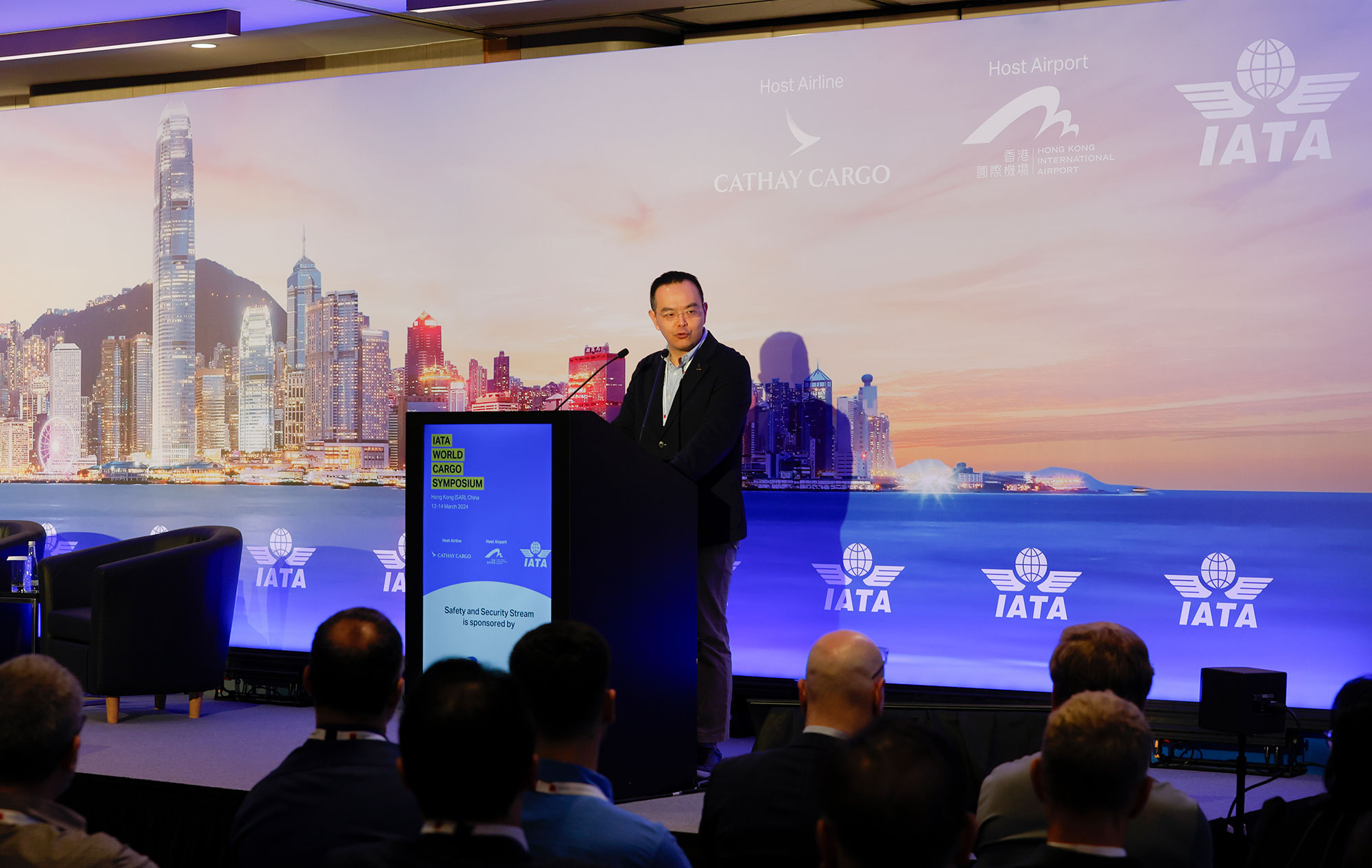Cargo iQ is a not-for-profit membership group supported by IATA composed of more than 80 major airlines, freight forwarders, ground handling agents, trucking companies and IT providers.
Cargo iQ members developed a system of shipment planning and performance monitoring for air cargo based on common business processes and milestones.
As part of that system, the Cargo iQ Master Operating Plan (MOP), which has been endorsed by IATA as a recommended industry practice, describes the standard end to end process of transporting air cargo.

Ariaen Zimmerman – Executive director, Cargo iQ
We are at the dawn of big changes in the industry with the rise of new technologies such as e-commerce and advanced routing models based on thorough piece level tracking and control. In order to fulfil the value proposition shippers demand, we have to focus on delivering quality.
Cargo iQ marks that next step. Since the launch of (then) Cargo2000 the industry has changed. Every airline has some sort of process control and shipment track and trace. People perceive the use of e-air waybills, the Cargo iQ Data Management Platform, and the Master Operating Plan (MOP) as normal now.
We are planning on playing an even bigger role by providing a platform for people to get together and talk the same language to provide the standards and the platform on which change can be organised.
We want to be faster about implementing our new procedures and more vocal about what we achieve. We have changed the way we measure our members’ performance to look at how the shipment was processed from origin to destination, looking at every single step, not just to know whether it passed or failed.
The end game is to improve the quality of the shipment process – and to make it measurable so that we can continue to analyse the data so that all parties can benchmark it and improve performance.

Alan Glen – Former GM cargo services, and Cargo iQ board member
Cathay Pacific is proud to be a long-time member of Cargo iQ. This vital industry group has representatives from airlines, forwarders and now GHAs on the board. It’s a powerful mix of people to get round a table to agree to how processes work.
At Cathay Pacific Cargo, every shipment we carry is logged into Cargo iQ. Even if the forwarder is not a member we still follow the process. We use the data to prepare an internal scorecard measuring our own performance. Additionally, we also want to be able to track performance of our GHAs.
Since Cargo2000 was set up, the industry has been gathering a lot of data – that’s tens of millions of transactions. The group has started an initiative to combine this data analysis. We will be able to, for example, find out the average performance between Shanghai and Heathrow direct or via any intermediate point. If I were a forwarder, I would be able see which routing is quicker and which airline performs best.
Another initiative we are looking at is piece level tracking. This will be great for small forwarders because they only see one end of the consignment. When enacted they will be able to see performance from door to door, and this will enable shippers to also see the end to end performance.
It is the one place that can tell its members how long each shipment takes. It’s enabled us to smash the myth that air cargo takes six to seven days end to end.

Claude Picciotto – Air freight middle-office director, Bolloré Logistics
We heard of Cargo iQ (then C2K) when it was first introduced to the industry. At the Bolloré Group, we feel it is very important to stay close to our industry and its developments and evolution.
Signing up to and meeting the Cargo iQ standards will assist us in progressing towards IATA’s e-freight goals and enable us to achieve operational excellence.
The key performance indicators [milestones] allow us to benchmark carriers. As quality is one of the main objectives of the Bolloré Group, we can then push them to increase their quality performance, mainly in terms of FAP (Flown as Planned) and NFD (Notify for Delivery). It also allows us to take corrective actions in order to improve our own performance on FWB data quality (e-AWB).
Smaller freight forwarders should consider that customers are willing to subcontract services in order to find the reliability and quality they should expect.




